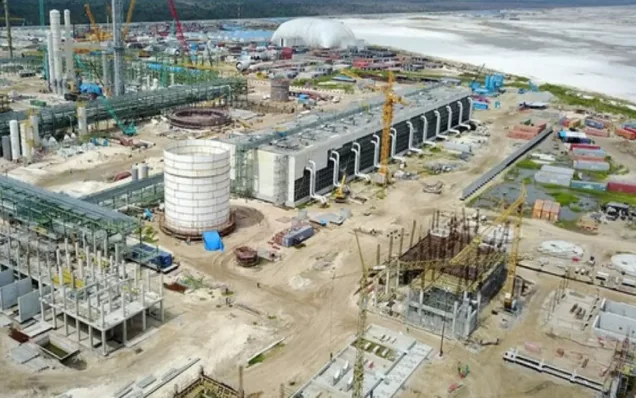Nigeria’s long-awaited Petroleum Industry Governance Bill (PIGB) will be signed into law by President Muhammadu Buhari towards the end of March, legislators hope, according to Reuters.
The OPEC nation is Africa’s largest oil producer. In recent years, Angola has been vying to take the top spot, but the alleviation of domestic strife in the Niger Delta has restored stability in Abuja’s oil revenues.
The PIGB is the first part of a larger industry legal framework overhaul called the Petroleum Industry Bill (PIB) that needs to pass through the country’s legislature.
“Hopefully, by the end of the month, the National Assembly will transmit it to the president for assent,” said Senator Tayo Alasoadura, who heads the upper house’s committee on upstream petroleum issues.
The PIGB will create four new bureaus that will oversee bidding rounds, award exploration licenses, and make recommendations to the oil minister regarding developments in the hydrocarbon sector.
“The PIGB, as passed yesterday, is the same as passed by the Senate. We have harmonized everything and formed the National Assembly Joint Committee on PIB,” Alhassan Ado Doguwa, a key PIB lawmaker in the House of Representatives, told reporters in January, announcing a previous step forward in the reform process. “Every consideration of the bills is now under the joint committee. We have broken the jinx after 17 years. We are working on the other accompanying bills.”
Nigeria is due for presidential and national assembly elections in February 2019, making 2018 critical for incumbent President Muhammadu Buhari, who has led the country through three years of bearish oil markets and recovered crude output after months of attacks from Niger Delta militants. If Buhari signs the completed bill, it would complement his push to rid his nation’s oil business of corruptive forces.
Source Oilprice.com














